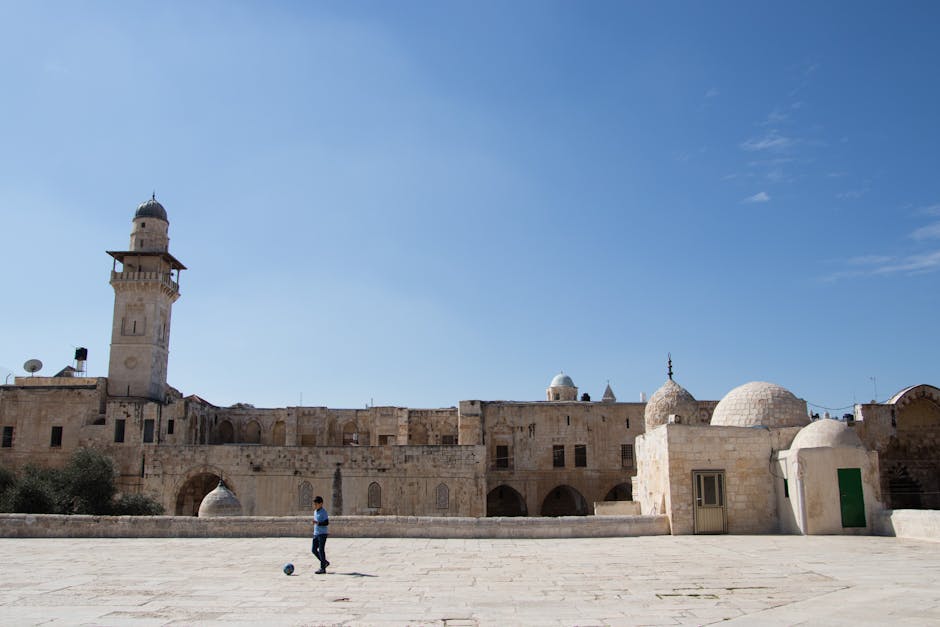An American Nightmare in an Israeli Prison
The dream of a summer holiday visiting family has spiralled into a waking nightmare for Mohammed Khuload, a 16-year-old American citizen from Texas. Instead of returning to his high school classes, he finds himself in an Israeli military prison, another name on a list that grows longer and more troubling each year. His case, amplified by his American passport, is throwing a harsh international spotlight on a grim reality: the systematic detention of hundreds of Palestinian children within Israel‘s military court system.
A Familiar Story: The Israeli Military Detention of Minors
Mohammed’s story, while shocking to many in the West, is tragically familiar in the occupied Palestinian territories. According to human rights organisations like Defense for Children International – Palestine (DCIP), Israel prosecutes between 500 and 700 Palestinian children in military courts annually.
These are not typical courts; they are a system designed for a military occupation, with a conviction rate hovering over 99%. The most common charge? Throwing stones, an act that can carry a sentence of up to 20 years.
Two Tiers of Justice in the West Bank
At the heart of this issue lies a deeply controversial two-tiered legal system. A Jewish Israeli teenager living in a settlement in the West Bank who is accused of a crime falls under Israeli civilian law, with protections like the right to have a parent present during interrogation. In contrast, a Palestinian teenager like Mohammed, living just a few kilometres away, is subject to Israeli military law. This means they can be arrested by soldiers, often in traumatic night raids, interrogated without a lawyer or family member, and pressured to sign confessions in Hebrew—a language many do not understand.
The Official Israeli Position: A Matter of Security
Israeli authorities maintain that these measures are a necessary response to security threats, arguing that actions like stone-throwing can cause serious injury or death. They view these detentions not as a matter of targeting children, but as a crucial tool for maintaining order and preventing violence in a volatile region.
International Law and Allegations of Ill-Treatment
However, human rights groups and international bodies, including UNICEF, paint a different picture. Their reports detail a pattern of ill-treatment from the moment of arrest. Children report being blindfolded, their hands bound with plastic ties, and subjected to physical and verbal abuse during transit and interrogation. The stated goal is often to extract a confession, which then becomes the primary evidence used against them.
This practice stands in stark contrast to international law. The UN Convention on the Rights of the Child, to which Israel is a signatory, clearly states that the arrest and detention of a child should be a measure of last resort and for the shortest appropriate period. Critics argue the system in place institutionalises detention as a first, rather than a last, resort.
An American Passport in a Systemic Crisis
Mohammed Khuload’s American citizenship has brought cameras and consular officials to a story that often unfolds in the shadows. His case forces the international community, particularly the United States, to confront an uncomfortable truth about its ally. But while his passport may offer him a degree of protection that others lack, the fundamental question remains.
The real story isn’t just about one American teenager. It’s about the hundreds of Palestinian children who, without the global leverage of a foreign passport, face this daunting system alone. Mohammed’s ordeal serves as a powerful lens through which we must view a wider, systemic issue—one that challenges our most basic notions of justice and the universal principle that childhood should be protected, not prosecuted.




